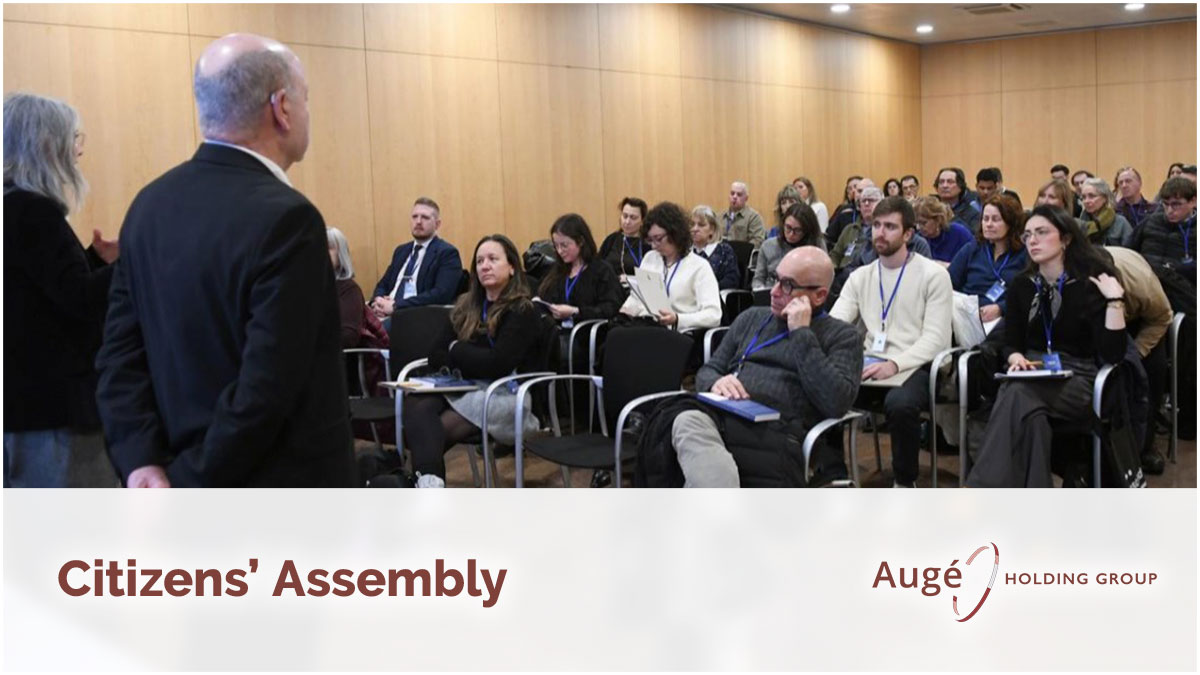It is more than evident that technological evolution is inexorably leading us towards new areas of knowledge — areas still not well known today, but to which, without realizing it, we are gradually becoming accustomed. Or at least, that is how it should be. Without this necessary adaptation, by denying the obvious, we will at the very least lose valuable opportunities.
I believe there is no one in our society who hasn’t already heard about artificial intelligence, although, for now, very few truly understand what it is or the ways in which it can be used in service of humanity and its work.
Table of contents
ToggleThe Origin of AI and Its Comparison with Human Intelligence
It all began in the mid-20th century, when scientists such as the British Alan Turing started to wonder whether it was possible to create machines capable of simulating human intelligence.
While human intelligence (HI) is the result of millions of years of biological evolution, artificial intelligence (AI) is precisely the product of technological research and development, aimed at creating a new form of intelligence capable of addressing a range of needs that human beings alone could not resolve with the same efficiency.
The Limits of AI and the Strength of Human Intelligence
Efficiency, yes — but what are the limits of AI? That’s the question many of us ask. Can a machine replicate empathy, creativity, or human intuition? Can a machine generate the emotions that fuel our HI?
On the one hand, AI offers us an enormous capacity to rapidly analyze vast amounts of data, with great precision, around the clock, and with scalability that allows it to increase processing and storage capacity. On the other hand, HI offers creativity to generate new and original ideas, makes decisions based on emotions and mood, learns from experience, adapts to changing situations, and applies self-awareness and environmental understanding — consciousness.
Where AI automates programmed tasks, analyzes data, and adapts to individual preferences, HI shows cognitive flexibility, enabling it to tackle unstructured problems. It has the ability to interact socially, to communicate, collaborate, and negotiate, and it applies ethical and moral reasoning to its actions and decisions.
Complementarity and Opportunities
The conclusion, however, is that collaboration between AI and HI can enhance the capabilities of both.
AI can take over routine and analytical tasks, freeing humans to focus on creative and strategic activities — guiding and improving the development of more advanced and ethical AI systems.
AI and HI are fully complementary, and harmonizing both could lead to major advances across all areas of knowledge, from medicine and education to — perhaps — the very governance of nations.
The Emotional Obstacles of Human Intelligence
Ultimately, the other side of human beings — and of our particular form of intelligence, the one made of emotions, feelings and consciousness — is our vulnerability to the imbalances caused by ambition, temptation, vanity, egocentrism, personal interest or ideological partisanship, among many others.
And so it is that if citizens — and more specifically, their representatives — had the courage to rely on the assistance of AI, one of the most revolutionary uses of human evolution and technological progress could emerge from it.
The Case of Andorra: A Missed Opportunity?
Indeed, if there is one phenomenon that stands out — and I now focus on Andorra — it is that our nation's governance seems shrouded in confusion. Our leaders and their opponents, regardless of their goodwill, often insist on denying what is most rational and clearly common sense.
By falling into the most evident flaws of HI, they stray from the obvious and unnecessarily lead us towards an uncertain future.
When, perhaps, by using this AI — which everyone so often mentions — they might find definitive solutions to dilemmas such as housing, pensions, or the European Union, and could trace a much clearer and more broadly satisfactory path for our citizens.
A Hope Just Beginning
Perhaps it is too early to demand that governments across the world embrace AI and use it to serve the noblest goals that humanity is calling for. But if there is one application of AI that stands out from the rest, it is precisely this one.
Surely we will explore this further — this is only the beginning. But hope is expensive, knowing that our greatest obstacle is ourselves: both creators and deniers at once.





